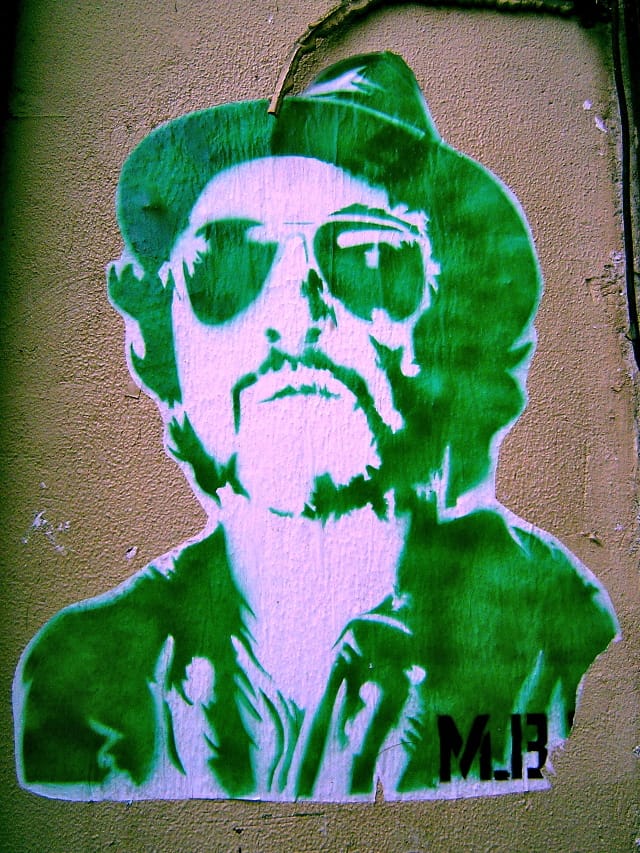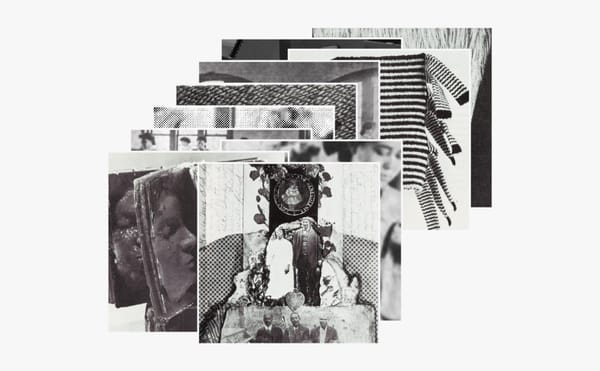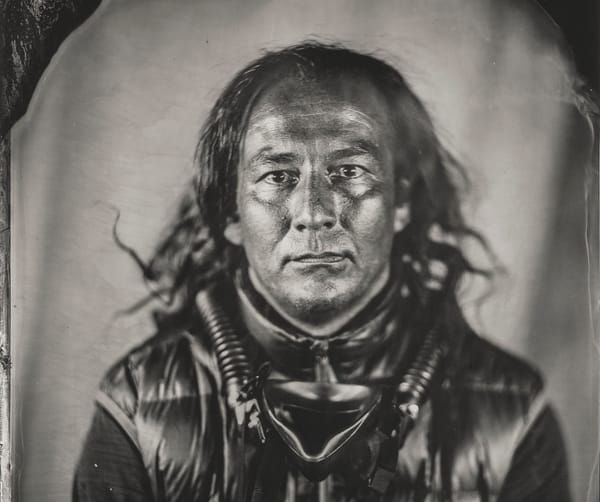Mr. Brainwash's Brain-dead Copyright Defense
Warhol settled three times, and then played by the rules. Jeff Koons settled four times and then won. Sherry Levine avoids intellectual property pitfalls by agreeing not to sell. The Shep lost a big one to AP, but has otherwise ducked controversy. And Richard Prince currently rules the co-opting cad

Warhol settled three times, and then played by the rules. Jeff Koons settled four times and then won. Sherrie Levine avoids intellectual property pitfalls by agreeing not to sell. The Shep lost a big one to AP, but has otherwise ducked controversy. And Richard Prince currently rules the co-opting cadre with his recent appeals court trouncing of photographer Patrick Cariou. In each case, the defendants seemed to have learned some lessons, done their homework, and wrestled the law to the ground.
Not so Mr. Brainwash. At least not so far. Thierry Guetta, aka Mr. Brainwash, appears to be on a losing streak — a few days ago, he lost rights to seven of his works incorporating photographer Dennis Morris’ 1977 shot of Sid Vicious.
In his decision, Judge John A. Kronstadt gave no quarter to Guetta’s defensive claim of transformative use:
“An independent review of Defendants’ works shows that they are not sufficiently transformative … The Photograph is a picture of Sid Vicious making a distinct facial expression. Defendants’ works are of Sid Vicious making that same expression. Most of Defendants’ works add certain new elements, but the overall effect of each is not transformative; Defendants’ works remain at their core pictures of Sid Vicious.”
Before this walloping, Guetta lost a very similar 2011 case to photographer Glen Friedman, who sued for copyright infringement of his 1985 portrait of Run DMC. And he is scheduled for another possible lambasting in July when he faces yet another infringement charge, this time for the use of some photos by Jim Marshall, who is claiming that his copyrights to photographs of various musicians have been infringed by Guetta and Google.

What is striking about Guetta’s losses thus far are that they seem to have been quite easy to avoid.
Though one can almost relish the clarity that Guetta’s losses seem to bring to the issue of transformative use: namely that we do know it when we see it, there are good reasons to be wary. If one takes a lesson from Jeff Koons’ many losses before the Blanche case, one sees that a good deal of weight rested on Koons’ own descriptions of his thought process and the production of his work. Why Guetta’s lawyers seem to have neglected this lesson is beyond me.
If I were Guetta’s lawyer, I’d claim Guetta is parodying street art and needs to use direct and recognizable pop imagery to signify the way these sorts of images are used in street art. As evidenced by the millions of Andy Marilyns and billions of Mickey Mouses in the street art tradition, a parody requires the literal lifting of one medium’s most popular imagery and its placement into another medium.
It seems to me that that case can be made that the appropriated images are transformed into commentary on street art — ironically — by being directly translated from one medium to another. Since the Cariou v. Prince case has followed Blanche v. Koons in establishing that fair use needn’t be a comment upon the image used, but may instead speak to other issues, perhaps Mr. Brainwash would stand a chance with this deconstructive approach to defense. A hail mary if ever there were one, yet I suspect it could work.
Maybe Mr. Brainwash is ironically non-transformative.
By the way: if this daydream were to come true, Mr. Brainwash would have done Richard Prince one better, allowing for a truly defiant, truly renegade defense of flat out unadorned mimicry as a vehicle for social commentary. “I wasn’t trying to do anything,” he could say, and he would mean it!




